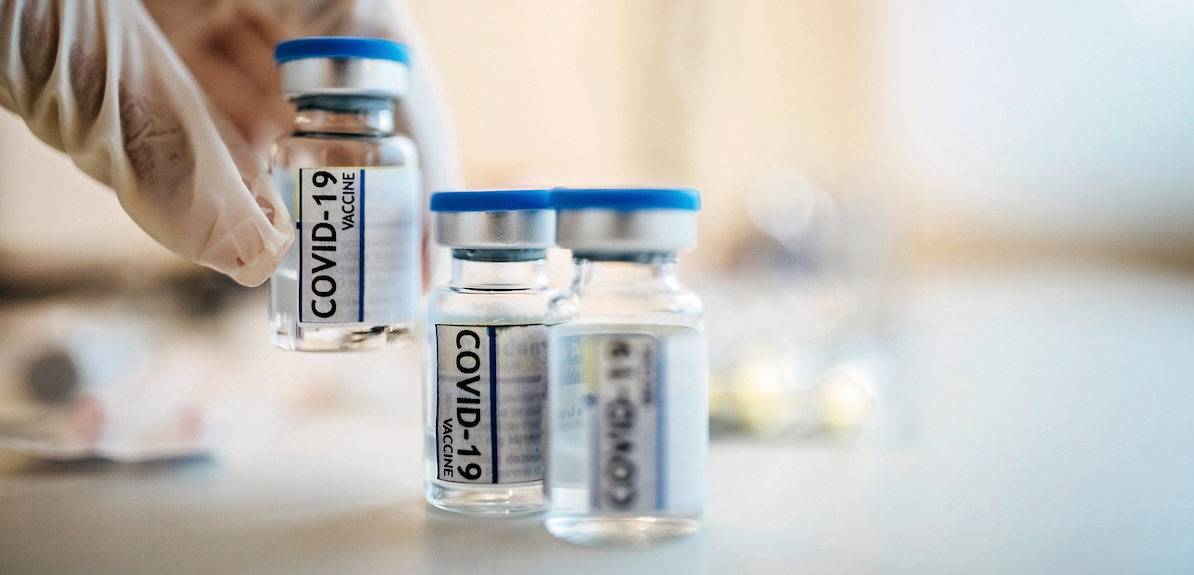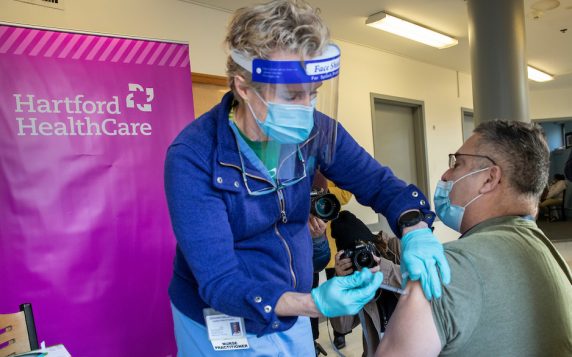A COVID-19 vaccination doesn’t mean you’ll never get an infection, but it’s close to a guarantee you won’t get so sick that you’ll require hospitalization or die.
A vaccination, in fact, makes it 90 percent less likely you’ll end up in a hospital or die because of COVID-19, according to a new French study published Monday that reviewed the outcomes of 22 million people over 50 years old. After comparing the results of 11 million vaccinated people with 11 million unvaccinated people, researchers established the reduced risk of hospitalization from the 14th day after the second dose.
They also found the two-dose vaccines available in Europe — Pfizer-BioNTech, Moderna and Oxford-AstraZeneca — appear to protect against the Delta variant’s worst effects. The vaccines offered 84 percent protection for people 75 and older and 92 percent for people 50 to 75. The results were the same for each vaccine manufacturer.
“The vaccine was never really intended to stop the disease,” says Dr. Ulysses Wu, Hartford HealthCare’s System Director of Infection Disease and Chief Epidemiologist. “It was a very nice side effect that we were preventing disease, but it’s main purpose is to prevent the morbidity and mortality should we get the disease. It was really to take a deadly disease and turn it into the common cold.”
The researchers used matching pairs of unvaccinated and vaccinated people of the same age and sex, from the same region, starting in when vaccines became available Dec. 20 and tracked their health from the date of their second dose to July 20. The study, the largest of its type, did not examine either infection rate or transmission rate.
The Johnson & Johnson (Janssen) one-dose vaccine was not included in the research because of an insufficient number of patients.
The study, which produced similar results as studies in the United States, United Kingdom and Israel, was conducted by a scientific group set up by France’s health system (Epi-Share), its national insurance fund (l’Assurance Maladie) and its medicine agency (ANSM).


